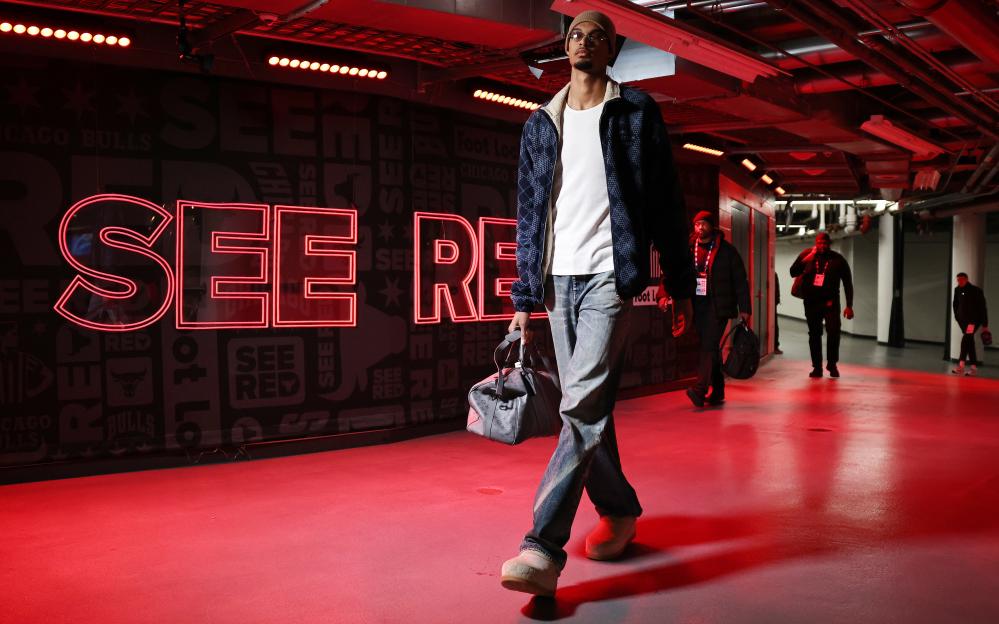Lonzo Ball hesitated, puzzled when asked about the NBA dress code, then sheepishly smiled, admitting he wasn’t even aware such a rule existed. The rule, introduced 20 years ago to regulate players’ attire, initially sparked controversy for its restrictions on hip-hop-inspired clothing like oversized T-shirts and baggy jeans, which many saw as an attack on black culture and self-expression, particularly targeting stars like Allen Iverson.
Implemented by former commissioner David Stern in the 2005-06 season, the dress code mandated business or conservative attire during NBA-related activities. Players protested, feeling it suppressed the vibrant cultural expression tied to basketball and hip-hop. Iverson himself reflected that his influence on player fashion prompted the league to act, as the trend grew beyond his individual style.
Over time, the rule has evolved from a contentious crackdown into a catalyst for a fashion revolution within the NBA. Rather than eliminating individuality, it helped create a new platform for players to showcase creativity, turning pre-game appearances into high-profile fashion moments that draw global attention. Many players and NBA officials now recognize the positive growth, noting how hip-hop culture has been embraced rather than erased.
NBA figures like Ira Newble and Jameer Nelson recall the initial resistance but acknowledge how players eventually transformed the dress code into a source of pride and brotherhood. The league’s current approach is more flexible, allowing players considerable freedom in their sartorial choices. This shift has turned NBA players into influential fashion icons, merging style with sports and business opportunities.
Today, stars like Darius Garland exemplify this evolution, celebrating the freedom to express themselves while benefiting financially through fashion ventures. The once-controversial dress code is now viewed as a defining moment that fused basketball, culture, and style into a powerful, worldwide phenomenon. Allen Iverson’s legacy of self-expression and defiance remains respected as the foundation for this ongoing cultural revolution.
Fan Take: This story highlights how basketball is more than just a game—it’s a cultural movement shaped by the players themselves. For fans, understanding this evolution means appreciating how NBA athletes influence not just sport but fashion and identity worldwide, making the league a dynamic stage for expression and creativity.



